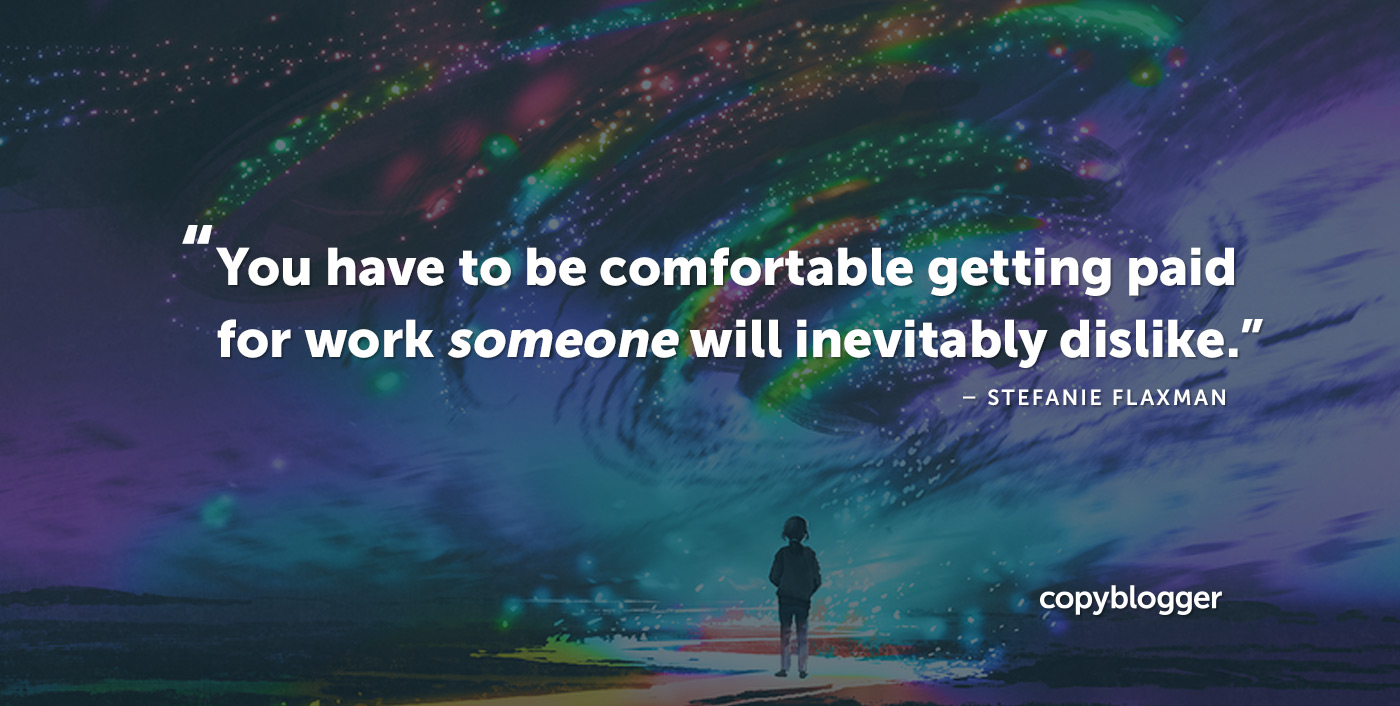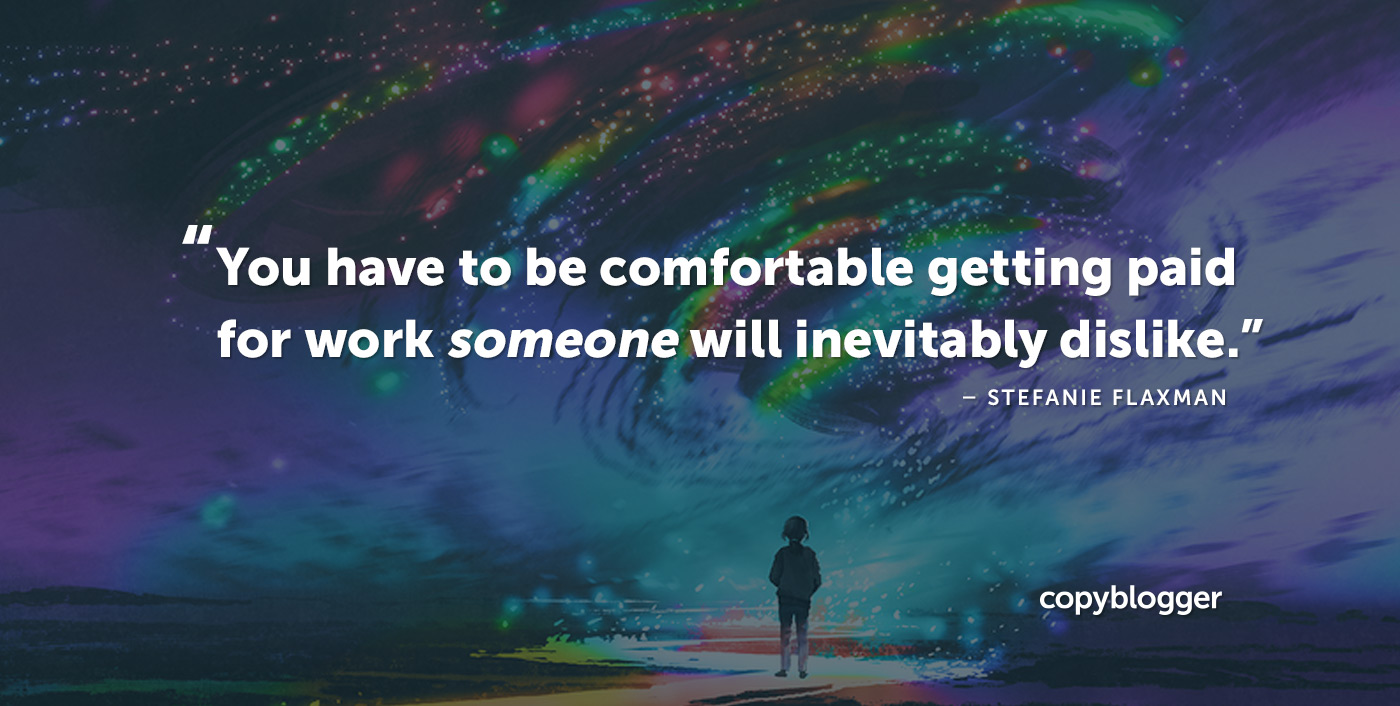Philosophy of art has been an interest of mine for quite some time. Unlike an accountant completing the math equation 2 + 2 = 4 (certainly correct), an artist does not know how the public will receive their innovative equation (ugly? That is the nature of professional art, and that is the nature of creative business. It’s the feeling that criticism is just too painful. But the person who we think isn’t an impostor — the person who is good enough, knows what they’re doing, and doesn’t mind criticism — is also sometimes paralyzed by their own potential shortcomings and looking to someone else as “the real deal.” The root of impostor syndrome in creative business is the false belief that your art is not worth money because someone might not like it. And the quality that separates a recreational artist from a professional artist is that the professional feels worthy of getting paid for subjective work. So, let’s tap into two steps professional artists must practice to achieve that state of confidence. Step #1: Trust that the people who don’t like your work don’t matter I don’t know if we ever fully achieve this step. Instead, I focus on the possibility of helping other creative people do meaningful work they love. What challenges have you overcome to feel worthy of getting paid for creative work?

Philosophy of art has been an interest of mine for quite some time.
But philosophy of professional art is a topic I’ve only been exploring for the past several years.
There is no objective “right” or “wrong” when it comes to art.
Unlike an accountant completing the math equation 2 + 2 = 4 (certainly correct), an artist does not know how the public will receive their innovative equation (ugly? beautiful?).
And that uncertainty naturally affects a human being’s confidence and self-worth in business.
What’s more maddening is that for every person who calls an artistic creation “ugly,” there’s another person who will call it “beautiful.” For every person who says a concept is “stupid,” there’s another who will perceive it as “groundbreaking.” For every person who is “bored,” there’s another who is “entertained.”
You have to be comfortable getting paid for work someone will inevitably dislike.
That is the nature of professional art, and that is the nature of creative business.
Will the “real artist” please stand up?
- It’s the feeling that we’re not good enough.
- It’s the feeling that someone else knows what they’re doing.
- It’s the feeling that criticism is just too painful.
But the person who we think isn’t an impostor — the person who is good enough, knows what they’re doing, and doesn’t mind criticism — is also sometimes…

COMMENTS